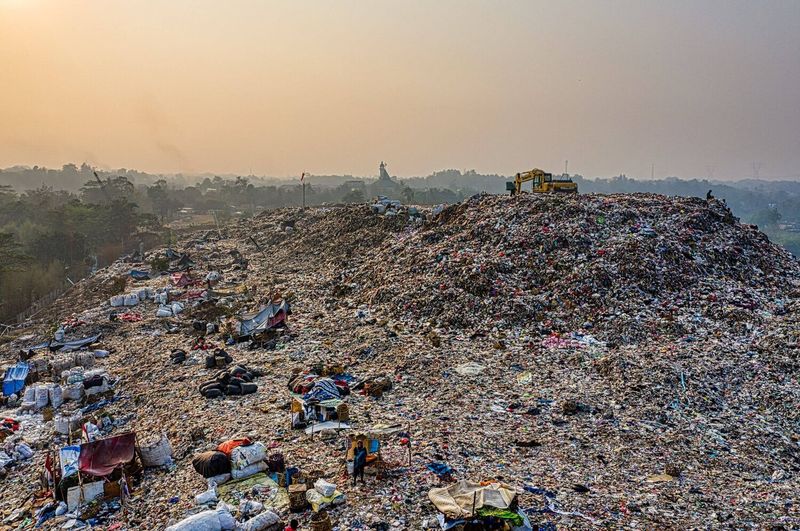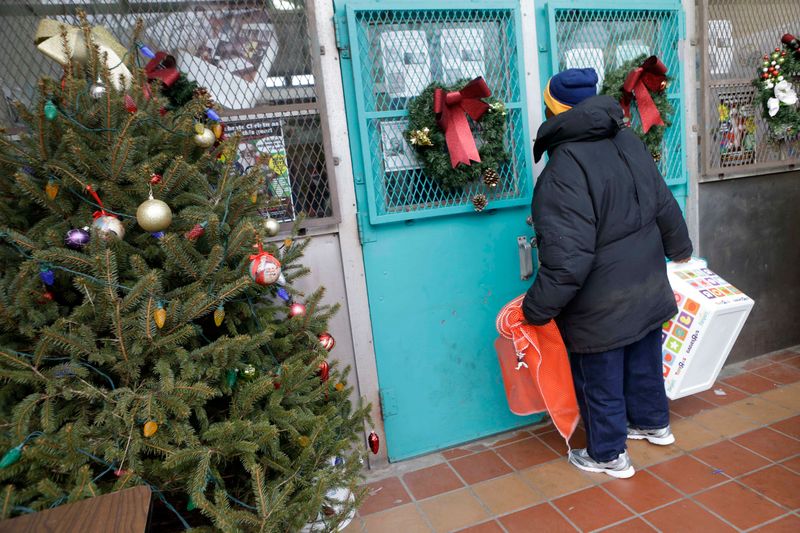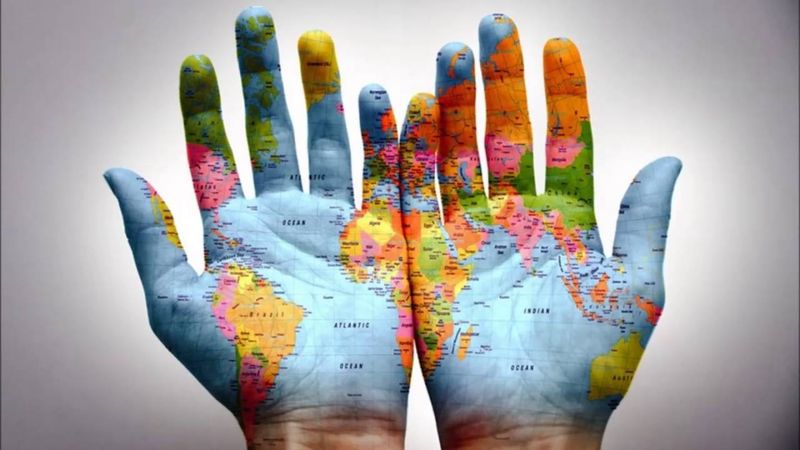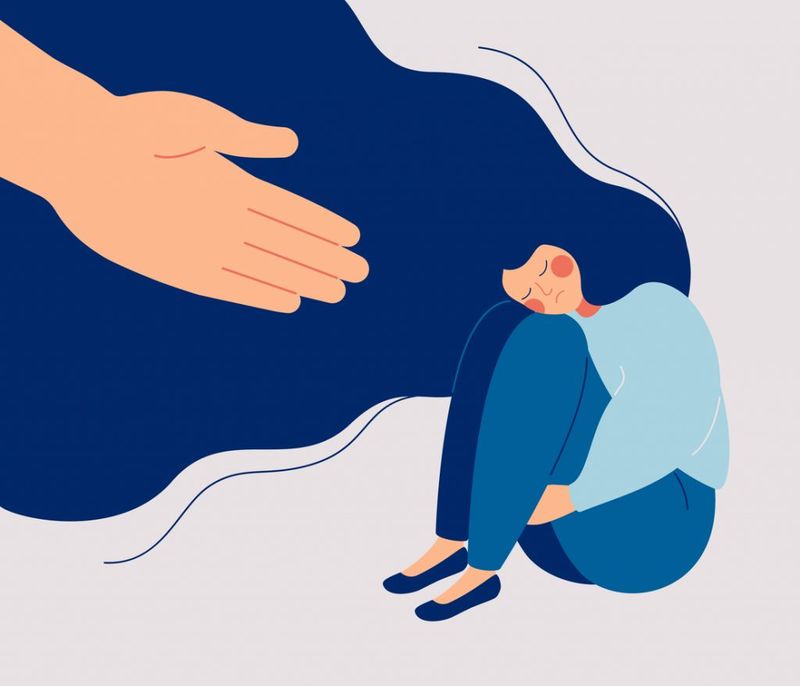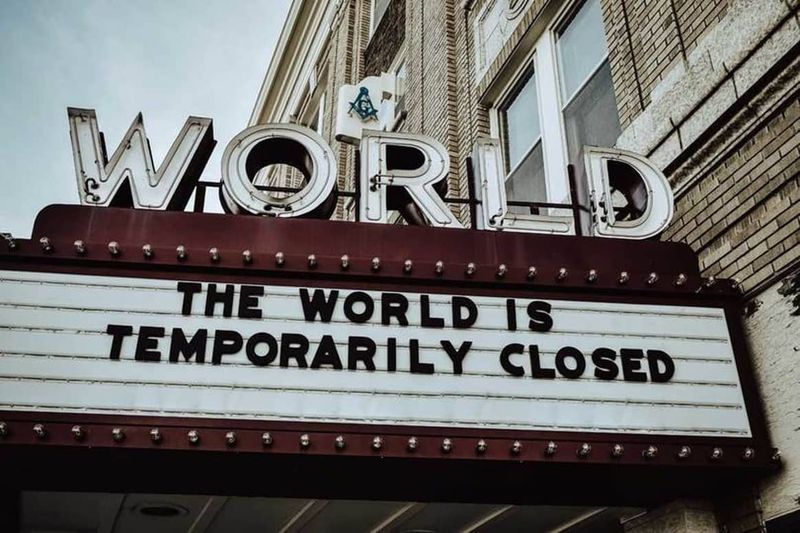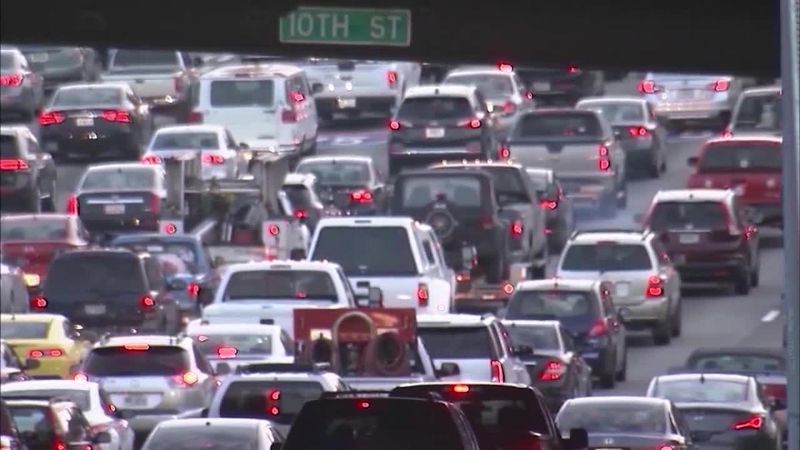Every year, Black Friday and Christmas stand out as two major holidays marked by significant consumer activity. While both bring joy and excitement, they also come with their own set of societal challenges.
This blog post delves into the destructive elements each holiday presents, examining various aspects from environmental impact to social stress.
We’ll explore 9 distinct areas where these holidays might negatively affect society, providing a balanced view to help readers understand the broader implications.
1. Environmental Impact
Black Friday and Christmas both lead to massive consumerism, resulting in increased waste. From packaging to discarded products, the environmental impact is significant. Landfills swell with non-biodegradable waste, contributing to pollution.
During Christmas, the surge in holiday decorations and gift packaging exacerbates the problem. Many of these materials are not recyclable, leading to more environmental harm.
Conversely, Black Friday’s focus on electronics leads to e-waste. Both holidays stress the planet’s resources, requiring conscious consumerism and recycling efforts to mitigate damage.
2. Economic Pressure
Both Black Friday and Christmas can create significant economic pressure on individuals and families. The pursuit of deals and gifts leads many to overspend, accumulating debt.
Black Friday’s aggressive marketing often encourages impulse buying, pushing consumers beyond their means. Christmas, with its tradition of gift-giving, adds to financial stress.
For some, the pressure to meet societal expectations can be overwhelming. Planning and budgeting are essential to avoid the financial pitfalls associated with these holidays.
3. Social Stress
The social stress of these holidays is palpable, particularly during Black Friday. The rush for deals often creates chaotic environments, leading to aggressive behavior.
Christmas, meanwhile, can generate stress through the pressure to host perfect gatherings. These expectations can strain relationships and mental well-being.
Both holidays require a focus on mindfulness and stress management. Recognizing the importance of balance can help alleviate social tensions.
4. Cultural Impact
Black Friday and Christmas can overshadow other cultural celebrations, leading to a homogenization of traditions. The global spread of these holidays often dilutes local customs.
Christmas, in particular, has become a commercialized event that sometimes overshadows its original religious significance. This shift can marginalize those who do not celebrate it.
Promoting cultural diversity and respecting different traditions is vital to maintain cultural richness during these holiday seasons.
5. Workplace Disruption
The impact on workplaces during Black Friday and Christmas is considerable. Absenteeism often increases as employees take time off to shop or celebrate.
Black Friday’s early sales hours can lead to workforce disruptions, with employees prioritizing shopping over work obligations. Christmas, with extended holidays, can lead to prolonged absence.
Balancing holiday cheer with professional responsibilities is crucial. Employers should consider flexible scheduling to accommodate these seasonal disruptions.
6. Mental Health Concerns
Mental health is a significant concern during these holidays. The pressure to fulfill social and family obligations can lead to anxiety and depression.
Black Friday’s hectic pace and Christmas’s emphasis on togetherness can exacerbate feelings of loneliness for some.
It’s important to foster open communication and provide support during these times. Encouraging self-care and reaching out to those who may feel isolated can help mitigate mental health issues.
7. Childhood Expectations
For children, both Black Friday and Christmas come with high expectations. The commercialization of these holidays can lead to disappointment when their desires are not met.
Black Friday’s focus on deals often neglects the essence of meaningful gift-giving. Christmas, meanwhile, can build unrealistic expectations around receiving.
Parents should focus on teaching gratitude and the value of non-material gifts. Balancing expectations with reality fosters a healthier holiday experience for children.
8. Community Disruption
Community disruption is another issue during these holidays. The competition over decorations and gift-giving can create divisions among neighbors.
Black Friday’s emphasis on consumerism may overshadow community-focused activities. Christmas, with its extensive celebrations, can further strain community bonds.
Encouraging community involvement and emphasizing collective celebrations can strengthen community ties, fostering unity rather than division.
9. Traffic and Safety Issues
Traffic congestion and safety concerns are heightened during these holidays. Black Friday’s sales attract large crowds, leading to road chaos and potential accidents.
Christmas adds to this with increased travel as people visit loved ones. The rush can lead to unsafe driving conditions and stress.
Planning travel in advance and promoting public transportation helps alleviate these issues, ensuring safer and more enjoyable holiday experiences.

